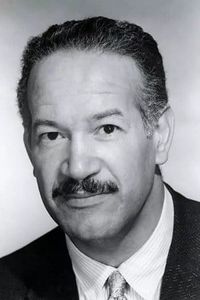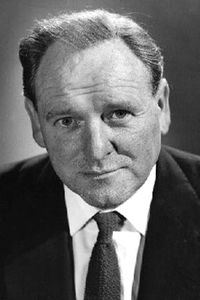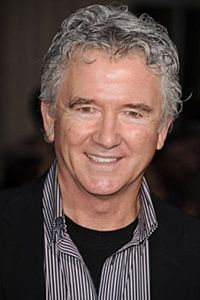Frank Silvera was a renowned American actor and theatrical director, born on July 24, 1914, in Kingston, Jamaica, to a mixed-race Jamaican mother, Gertrude Bell, and a Spanish Jewish father, Alfred Silvera. His family emigrated to the United States when he was six years old, settling in Boston, where Silvera developed a passion for acting, performing in amateur theatrical groups and at church.
After graduating from English High School of Boston and studying at Boston University and Northeastern Law School, Silvera left law school in 1934 to pursue a career in acting. He joined the New England Repertory Theatre, appearing in productions of MacBeth, Othello, and The Emperor Jones, and also worked at Federal Theatre and the New Hampshire Repertory Theatre.
In 1940, Silvera made his Broadway debut in a small role in Big White Fog, and his career was interrupted in 1942 when he enlisted in the United States Navy during World War II. He was assigned to Camp Robert Smalls, where he and Owen Dodson were in charge of entertainment, directing and acting in radio programs and appearing in USO shows.
After being honorably discharged in 1945, Silvera joined the cast of Anna Lucasta and became a member of the Actors Studio. In 1952, he made his film debut in the western, The Cimarron Kid, and went on to appear in a variety of ethnic roles in films and television, including Viva Zapata!, Fear and Desire, Killer's Kiss, and Mutiny on the Bounty.
Silvera also made guest appearances in numerous television series, including Studio One in Hollywood, Alfred Hitchcock Presents, Bat Masterson, Thriller, Riverboat, The Travels of Jaimie McPheeters, The Untouchables, and Bonanza. In 1962, he portrayed Dr. Koslenko in The Twilight Zone episode "Person or Persons Unknown" and played Minarii in the film Mutiny on the Bounty.
In 1963, Silvera was nominated for a Tony Award for Best Actor in a Play for his performance in The Lady of the Camellias. He co-founded the Theatre of Being in 1964 with Vantile Whitfield, a Los Angeles-based theatre dedicated to providing black actors with non-stereotypical roles, and produced The Amen Corner by James Baldwin, which opened on Broadway in 1965.
Frank Silvera tragically passed away on June 11, 1970, at the age of 55, after accidentally electrocuting himself while repairing a garbage disposal unit in his kitchen sink.



























































